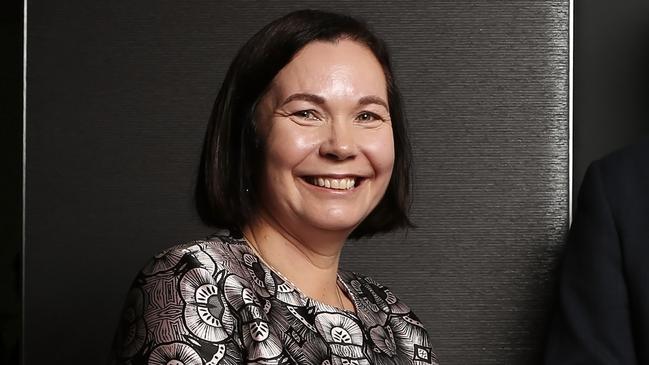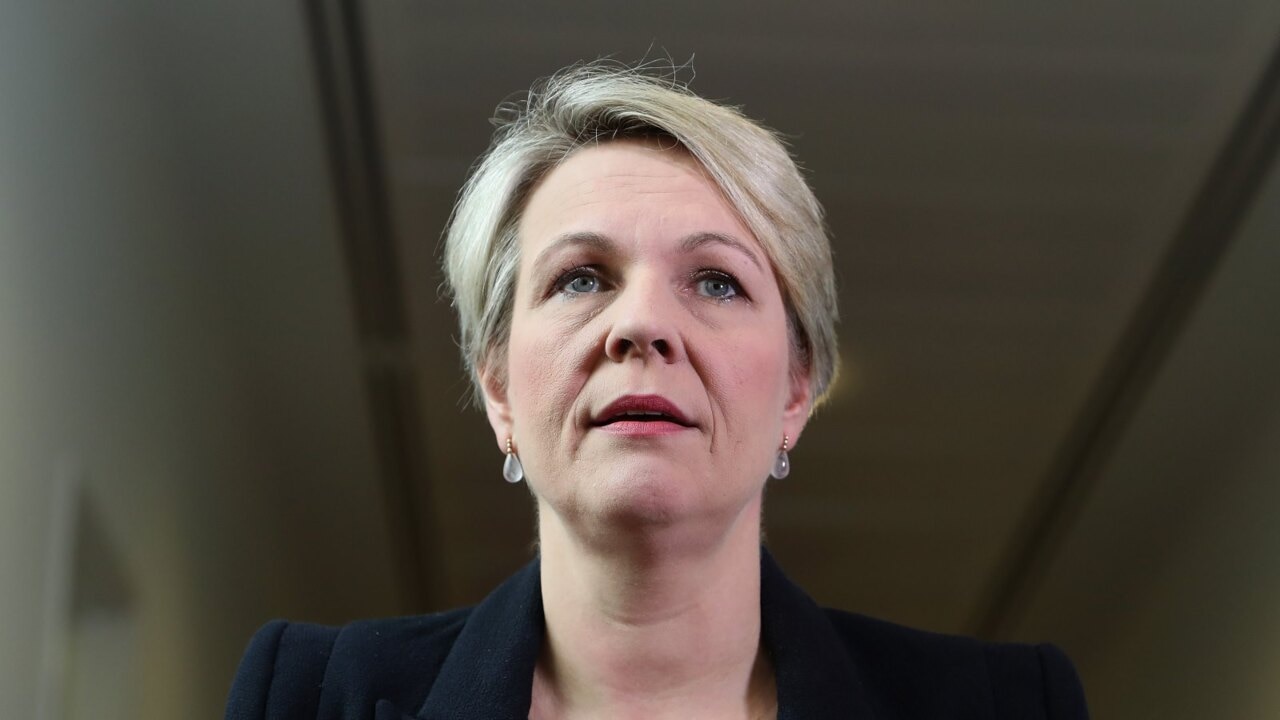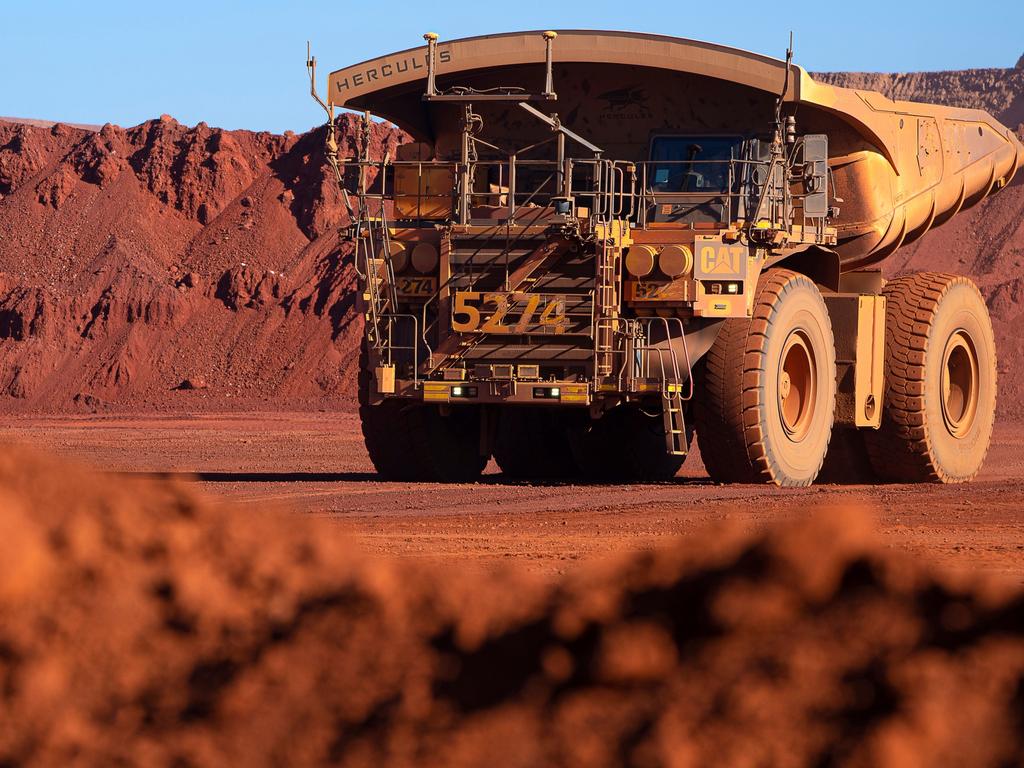Investor groups seek certainty on Labor safeguard mechanism
Investor groups representing members with $US43 trillion in assets under management want the government to bolster the safeguard mechanism.

Australian investor groups representing members with $US43 trillion in assets under management want the government to bolster the safeguard mechanism and avoid “greenwashing” by forcing heavy emitters to disclose time-bound climate transition plans.
Industry groups and financial institutional investors including Cbus, HESTA and IFM Investors will release a joint statement on Tuesday recommending three integrity measures to apply pressure on big companies using carbon offsets to delay investment in decarbonisation.
Labor’s tougher safeguard mechanism, requiring the nation’s 215 biggest-emitting facilities to slash emissions by nearly 5 per cent each year to 2030, is due to commence from July 1.
The Investor Group on Climate Change, Australian Sustainable Finance Institute, Australian Council of Superannuation Investors and the Responsible Investment Association of Australia are demanding future safeguard mechanism baselines align with 1.5C decarbonisation pathways.
While welcoming the safeguard mechanism, they want the Albanese government by mid-2024 to “task and establish clear terms of reference for the Climate Change Authority to develop 1.5 degree aligned sector targets and pathways to 2050”.
The joint finance industry statement promotes climate transition plans, outlining how companies will pivot existing assets, operations and business models towards a trajectory aligning with reaching net zero by 2050 at the latest.
As Climate Change and Energy Minister Chris Bowen continues negotiations with Greens leader Adam Bandt and key Senate crossbencher David Pocock, the resources sector has pushed back against last-minute horse-trading on Anthony Albanese’s signature climate policy.
Mr Bandt – who is demanding a ban on new coal and gas projects in return for Greens’ support – said the government must “shift a bit” to get its safeguard mechanism carbon credits legislation through the parliament this month.
He said the Greens were open to “other suggestions and ways of dealing with coal and gas”, and would consider them in good faith.
Writing in The Australian, Minerals Council of Australia chief executive Tania Constable said the collective pursuit of emissions reduction is “far too important to allow government policy to be hijacked by those who want nothing less than to see some mining cease”.

“There can be no illusions here: those that are pushing the federal government to manipulate the safeguard mechanism – to put further barriers, costs and restrictions on mining companies – are actively pursuing their demise, at the expense of the Australian economy and the task of reducing emissions globally,” she wrote.
“With the consistent ideological push to harden the safeguard mechanism and punish some facilities more than others, there is a line quickly approaching where the global competitiveness of some facilities will simply vanish, putting the operations and any future investment in peril.”
Ms Constable pushed back against groups trying to “limit the ability of mining companies to use carbon credits as abatement”.
“(The push) either fails to understand this most basic principle, or shows clear motives. Where technology is not yet available, carbon credits will play a vital role in helping facilities meet their obligations and remain competitive,” she wrote.
Business leaders have told The Australian the mechanism would be unworkable if the government agrees to demands from teal independents to lift the proposed carbon price cap above $75.
A Senate inquiry report into the government’s safeguard mechanism (crediting) legislation on Monday recommended an amendment requiring the publication of “carbon estimation areas of eligible offsets projects” and a review into carbon leakage. The Greens and Coalition issued dissenting reports.
With the European Union and Britain moving to enforce mandatory climate disclosure frameworks, climate investor groups are concerned Australia will be left behind.
IGCC chief executive Rebecca Mikula-Wright – whose members manage more than $30 trillion and include Australia’s biggest superannuation and retail funds – said the government’s reforms “cannot be the last step”.
“Policy uncertainty has been the biggest handbrake for long-term investors, who are ready to invest in economy-wide decarbonisation. The safeguard mechanism reforms will give investors the confidence they need to start ramping up investment in sustainable Australian businesses and projects,” Ms Mikula-Wright said.
ASFI chief executive Kristy Graham said “it is important that flexibility mechanisms in the safeguard mechanism do not undermine the incentive to invest in decarbonisation”, and recommended increasing the price for carbon credits “consistent with a more realistic price of carbon”.






To join the conversation, please log in. Don't have an account? Register
Join the conversation, you are commenting as Logout